Europe without borders - or not so open and free?
បោះពុម្ពផ្សាយ: 23.10.2023
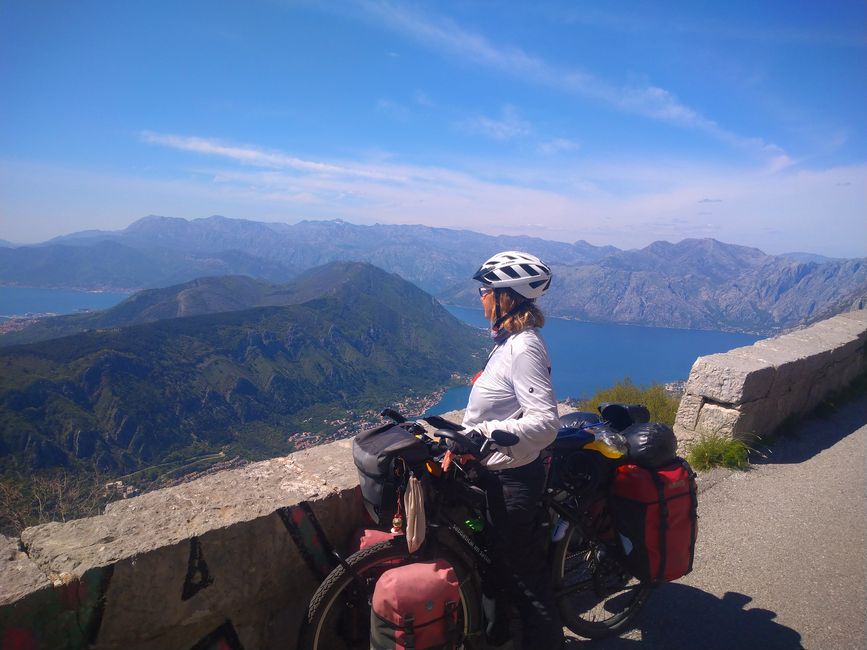
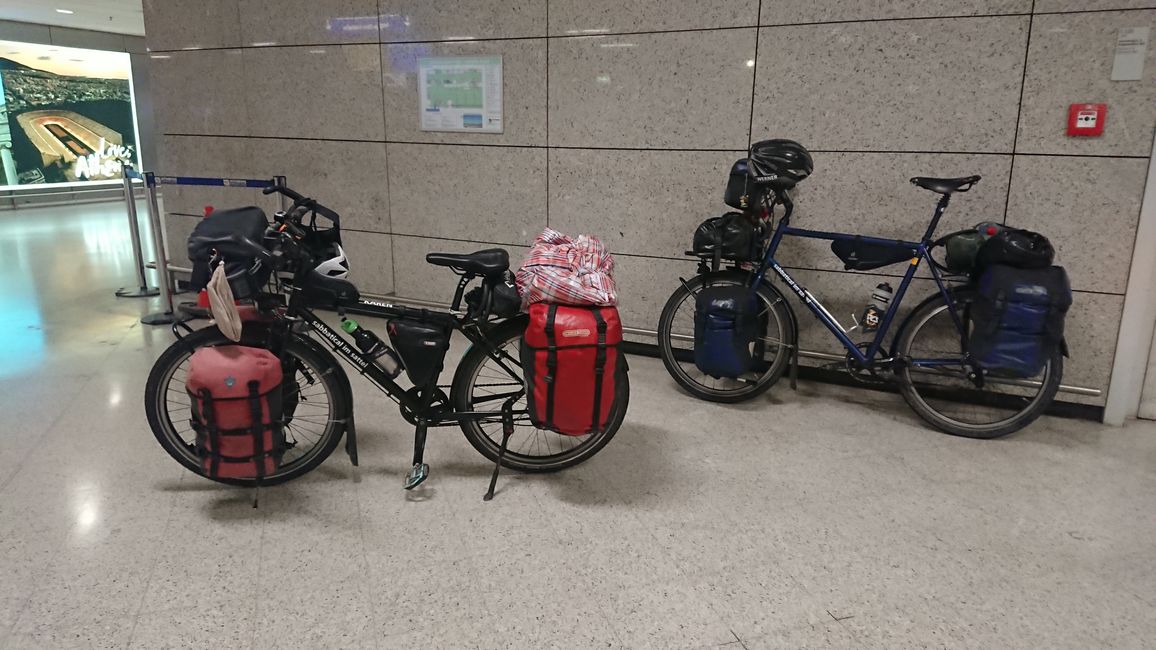
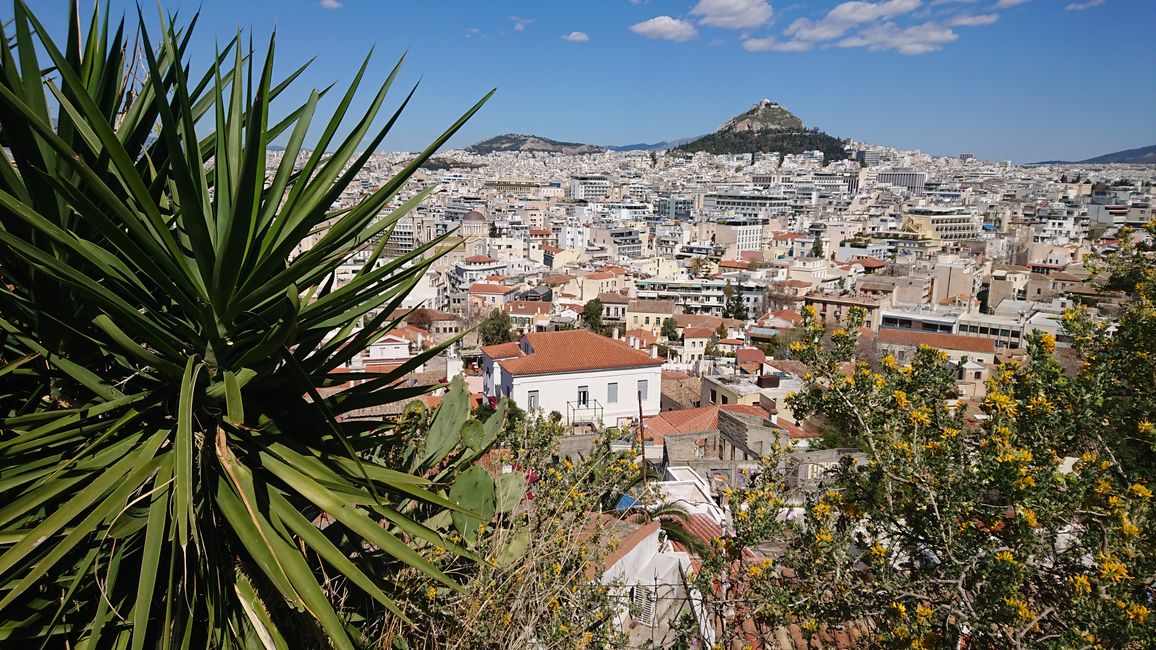
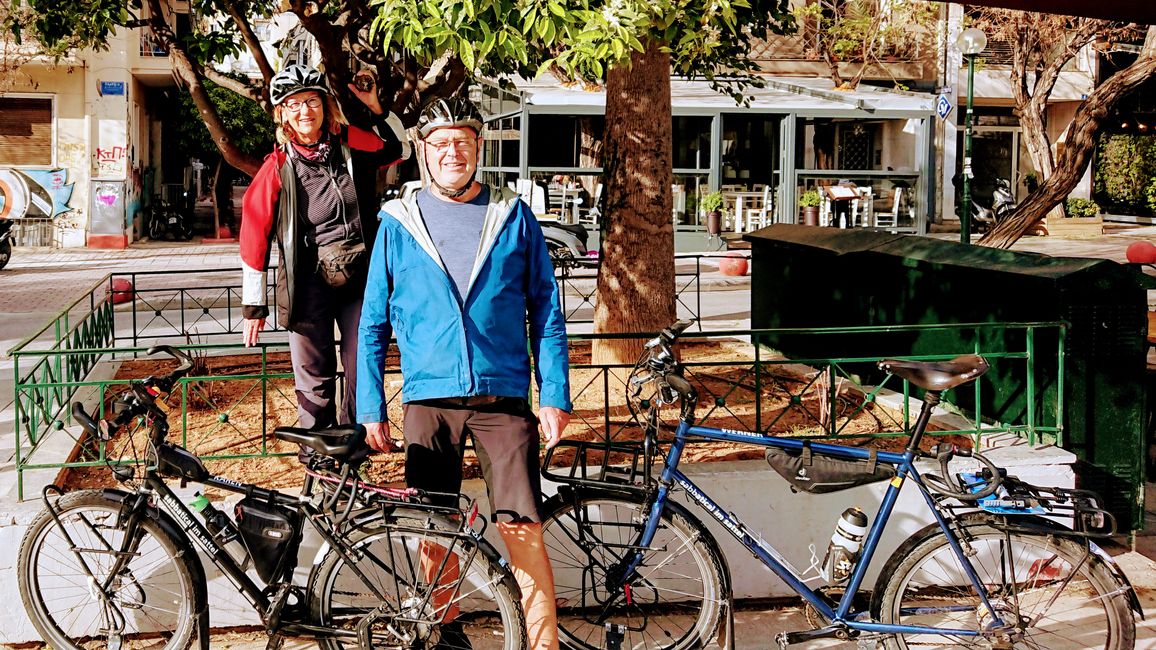
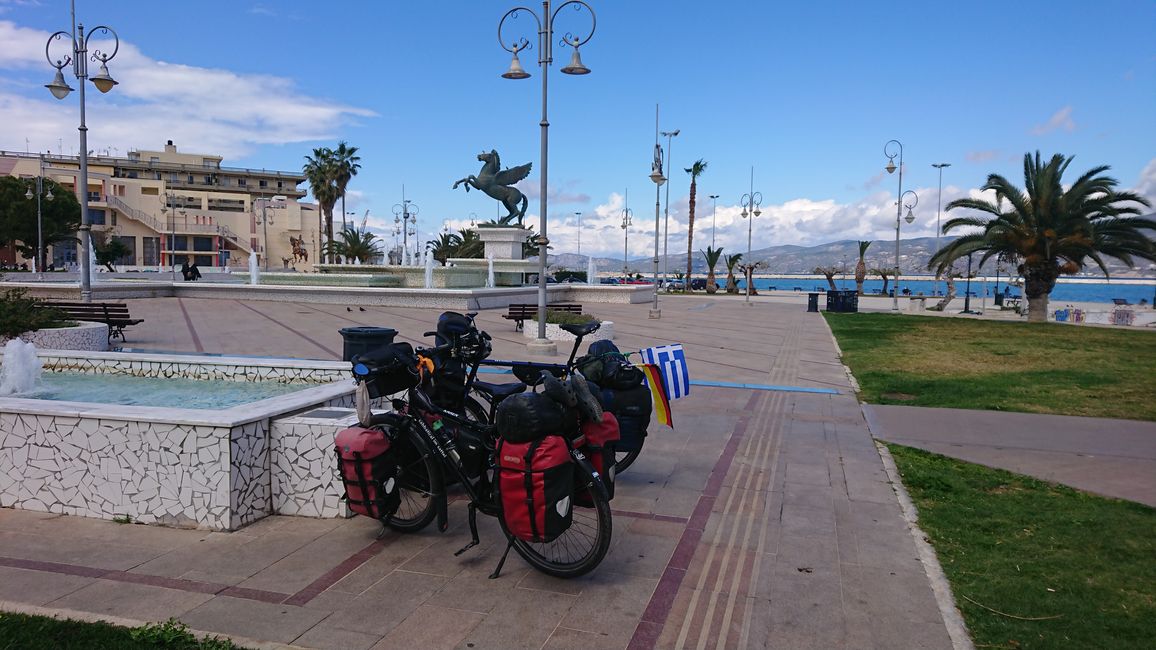
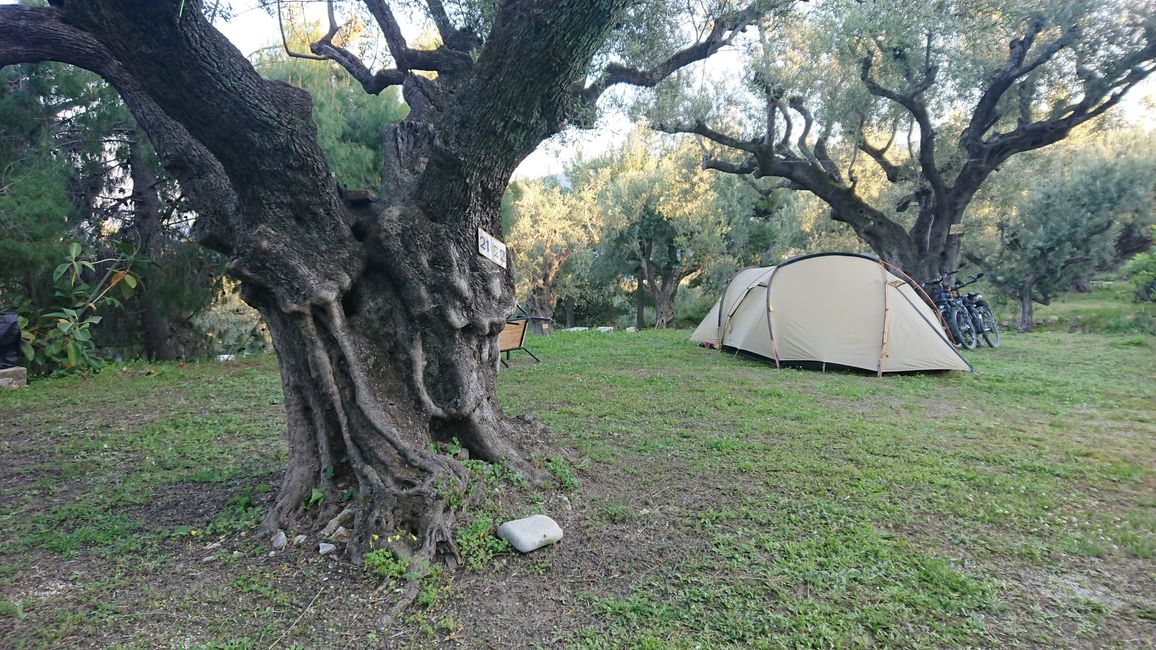
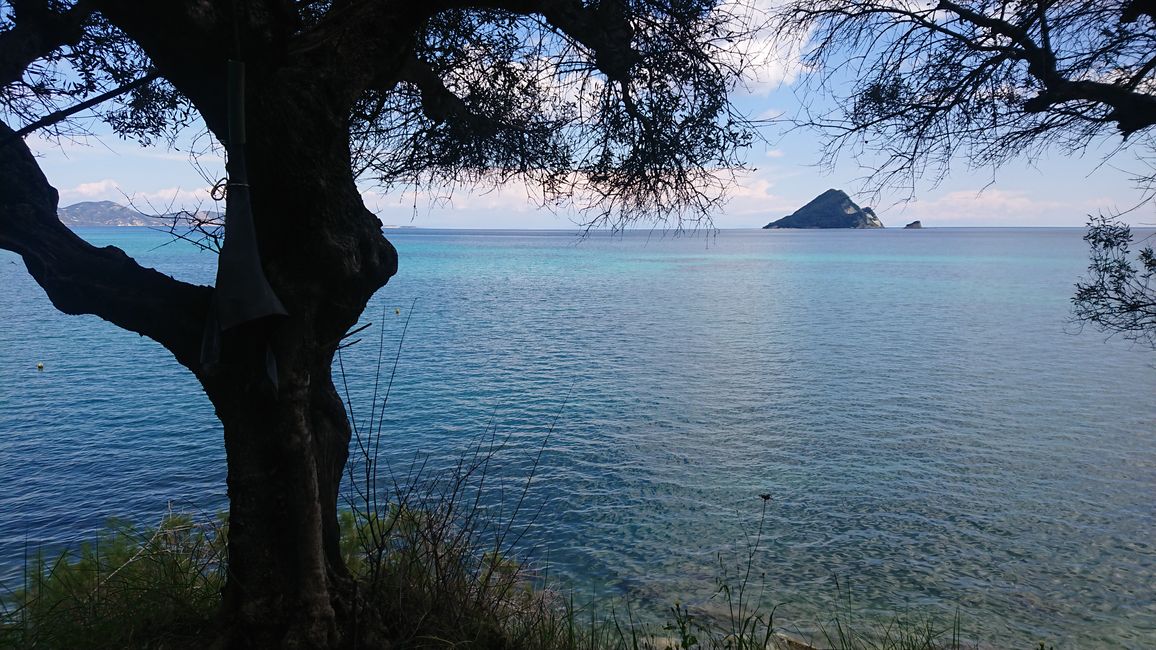
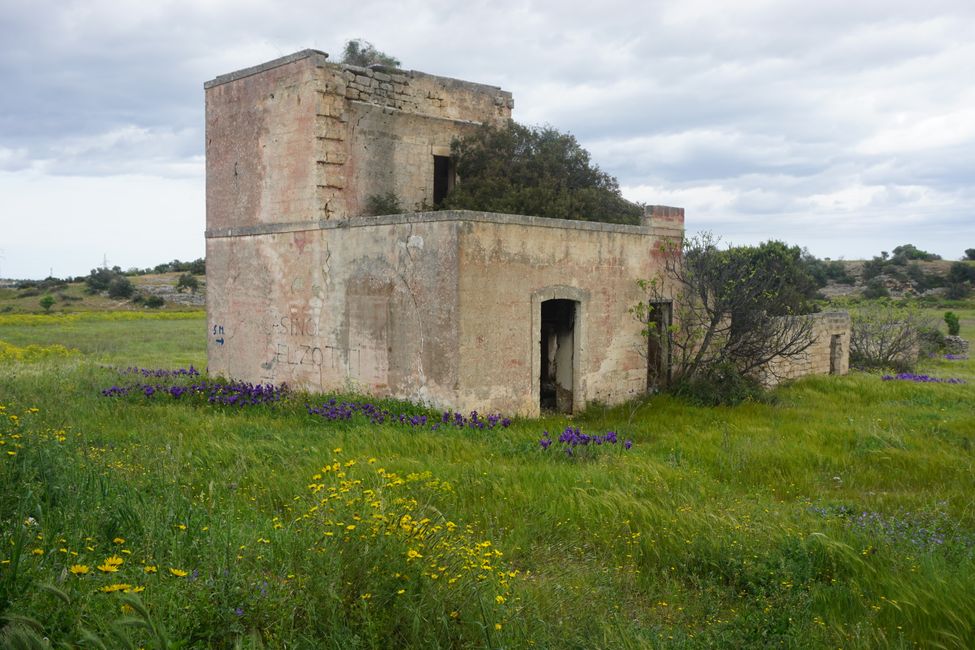
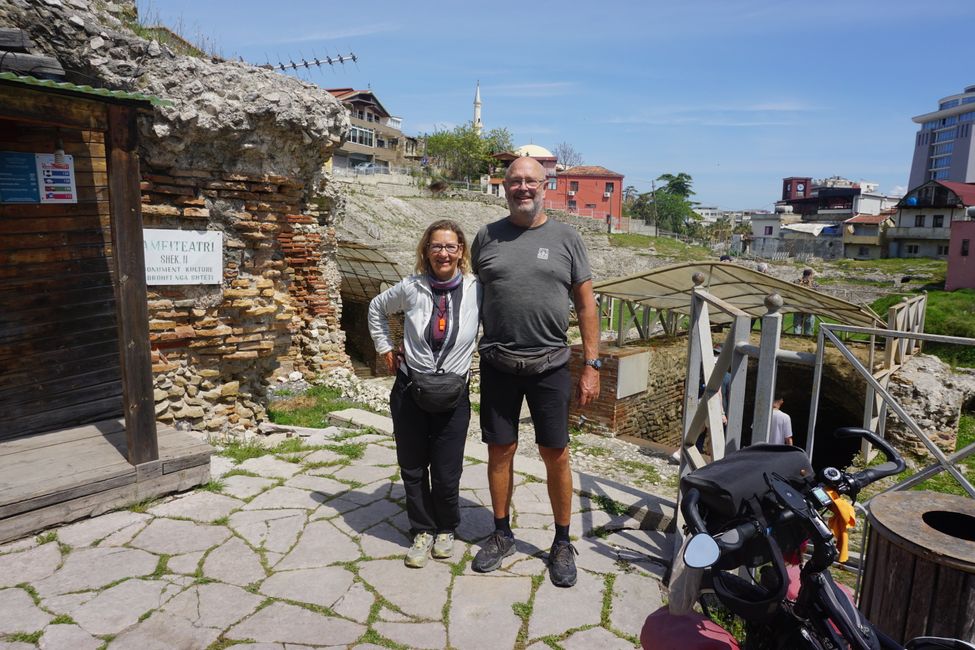
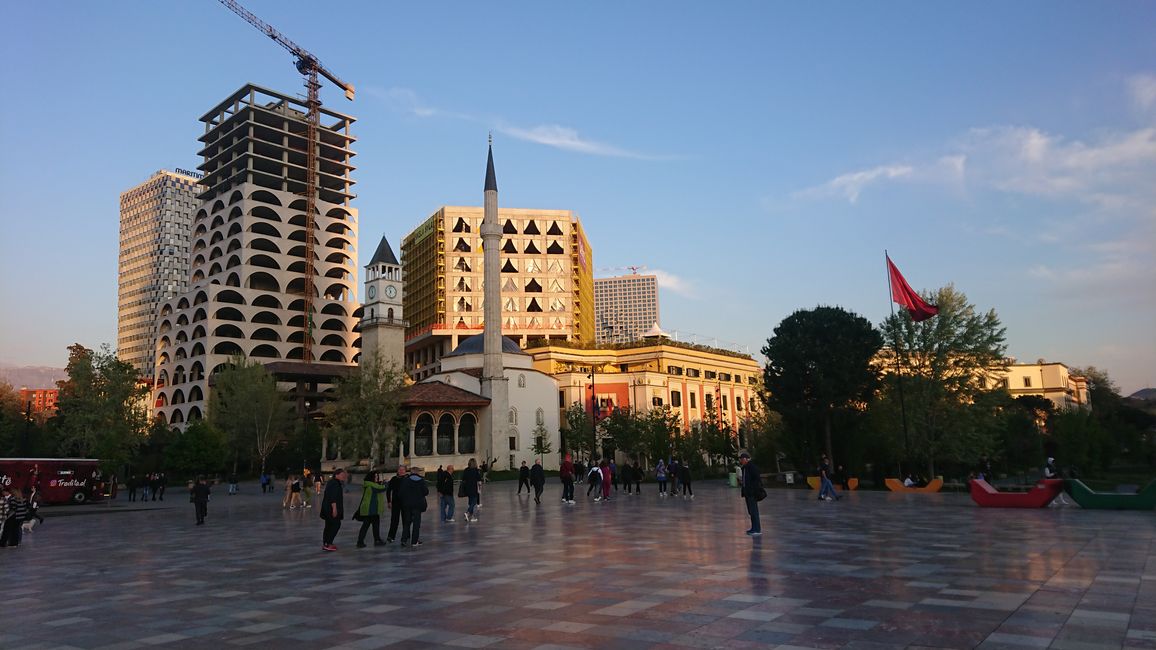
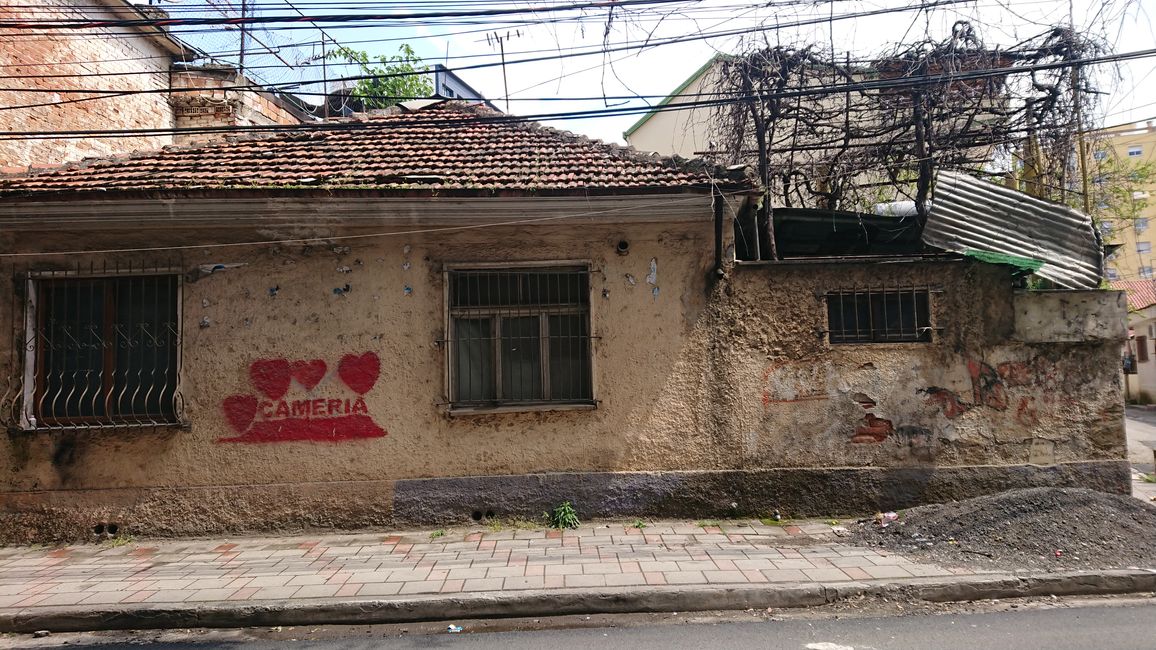
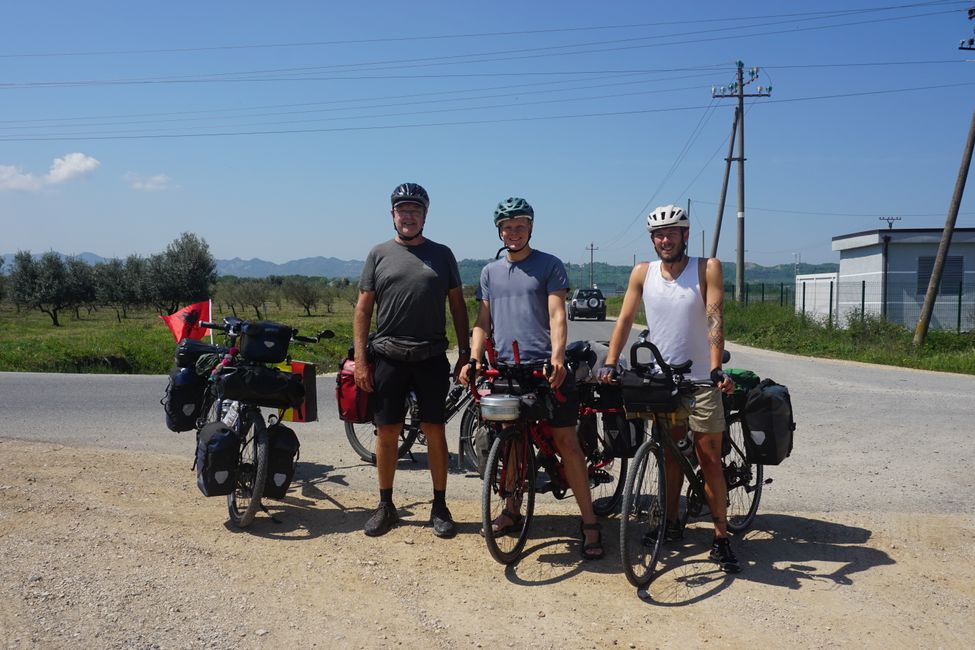
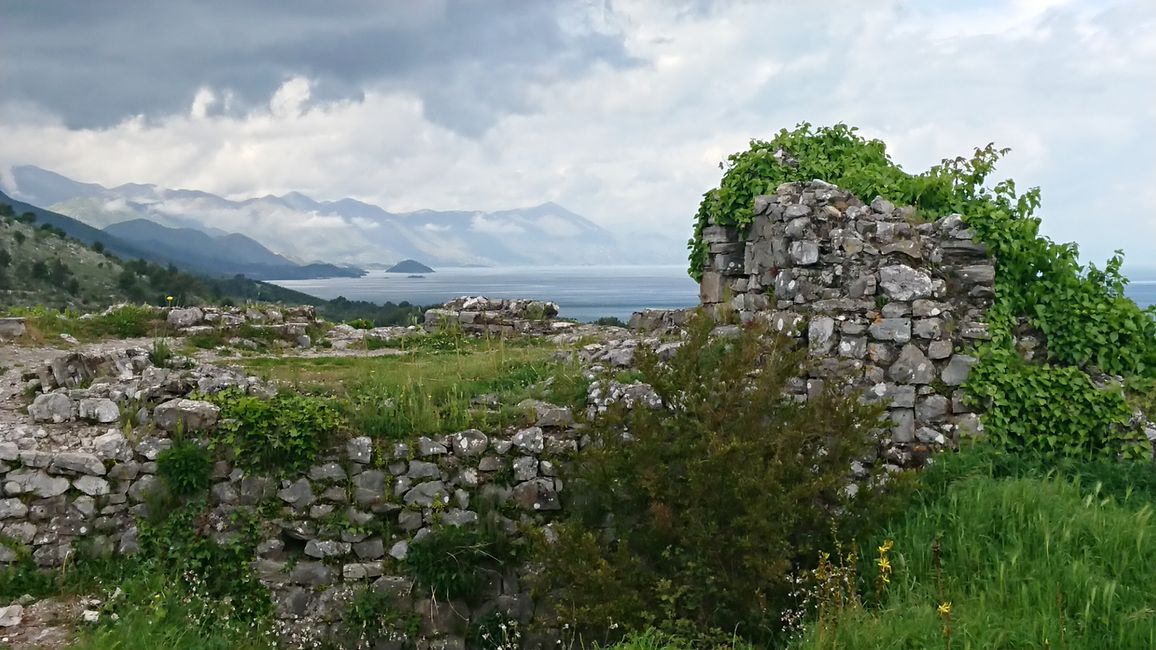
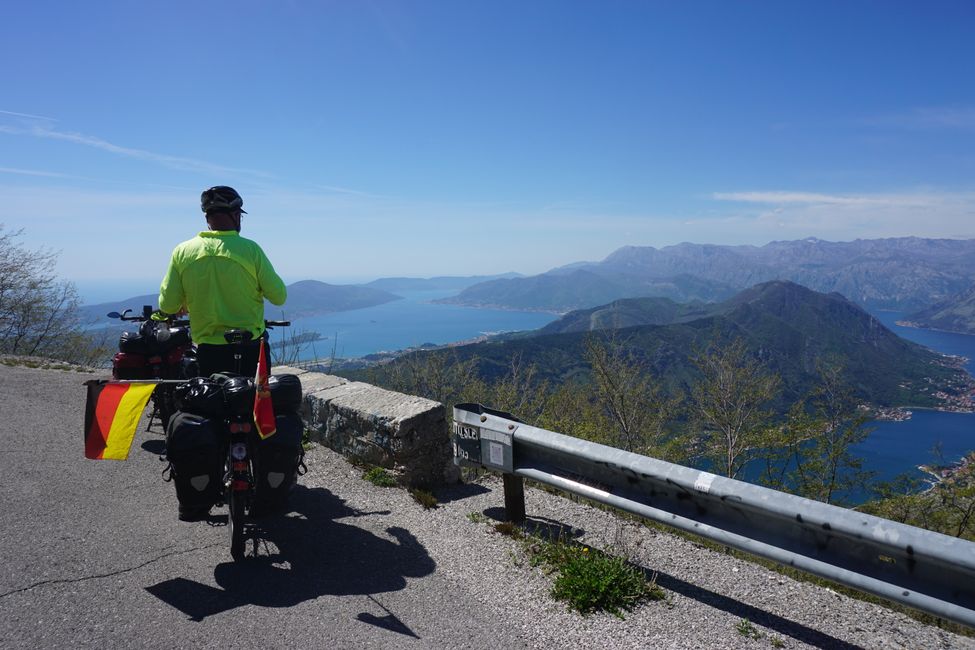
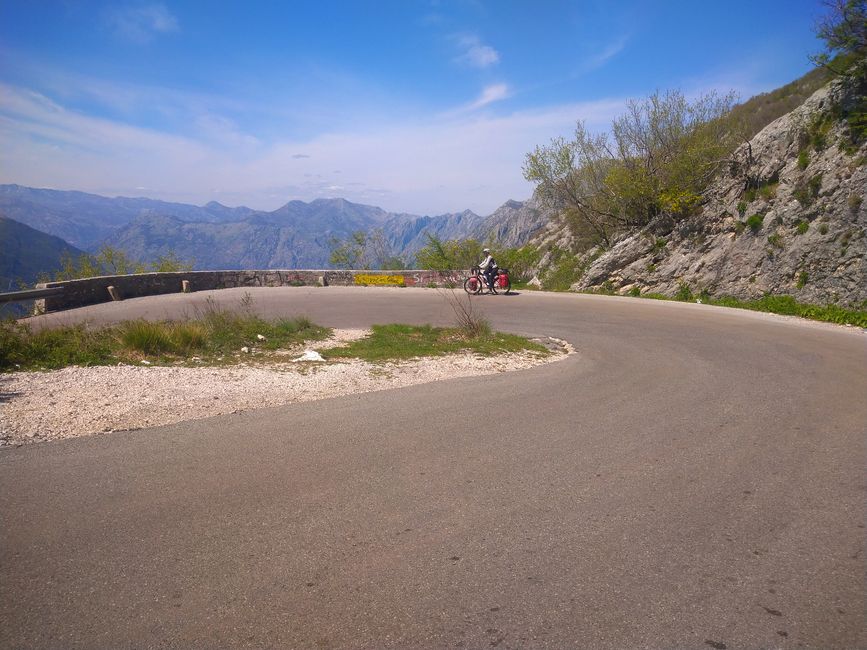
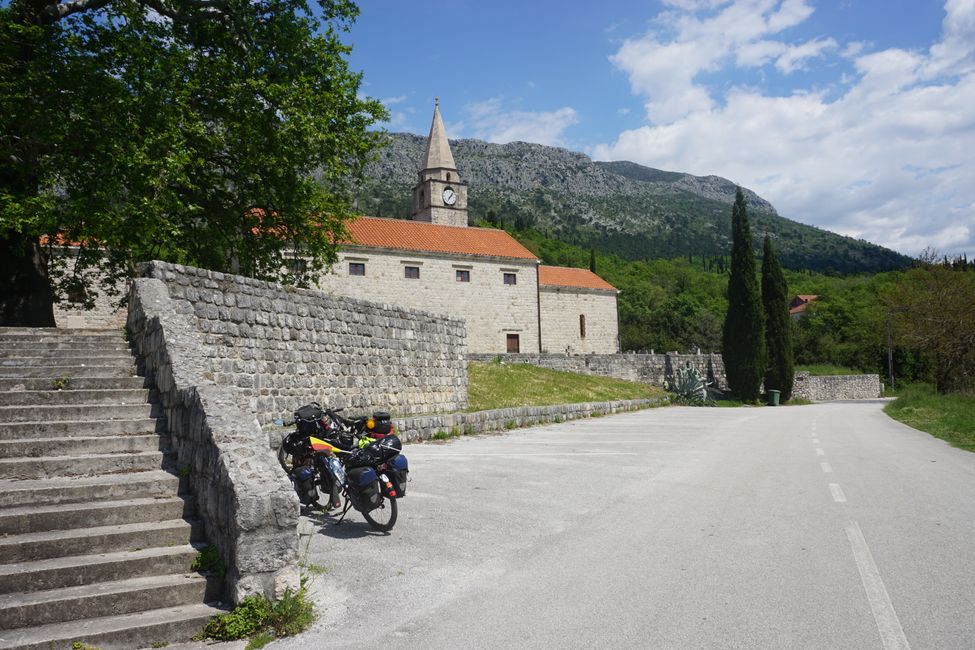
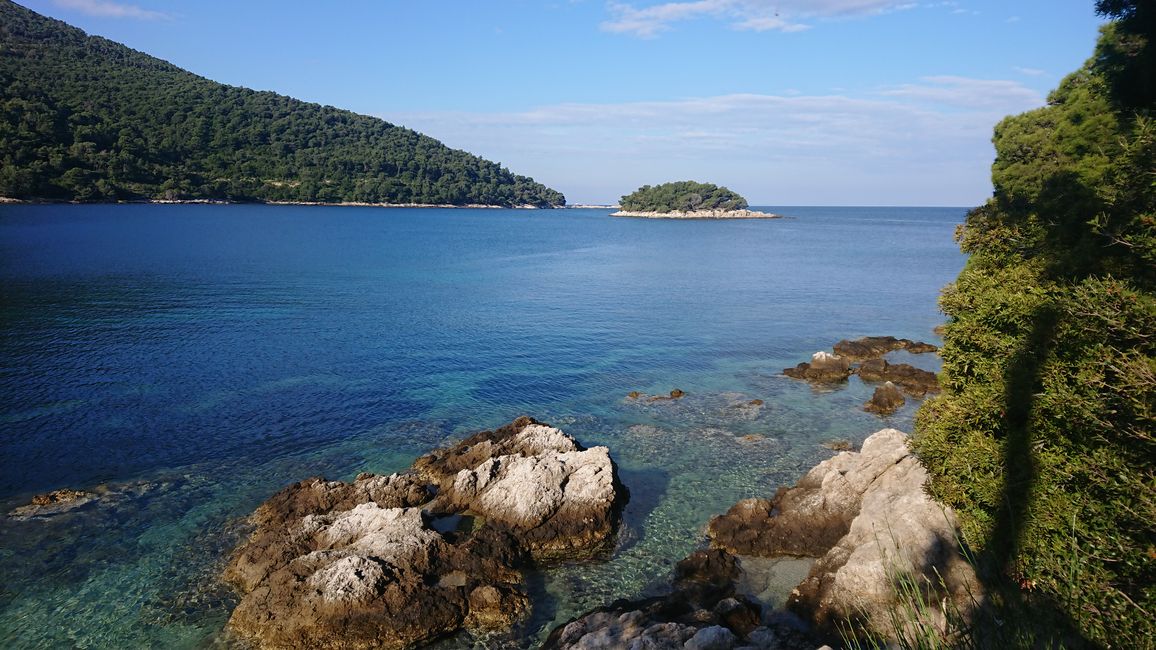
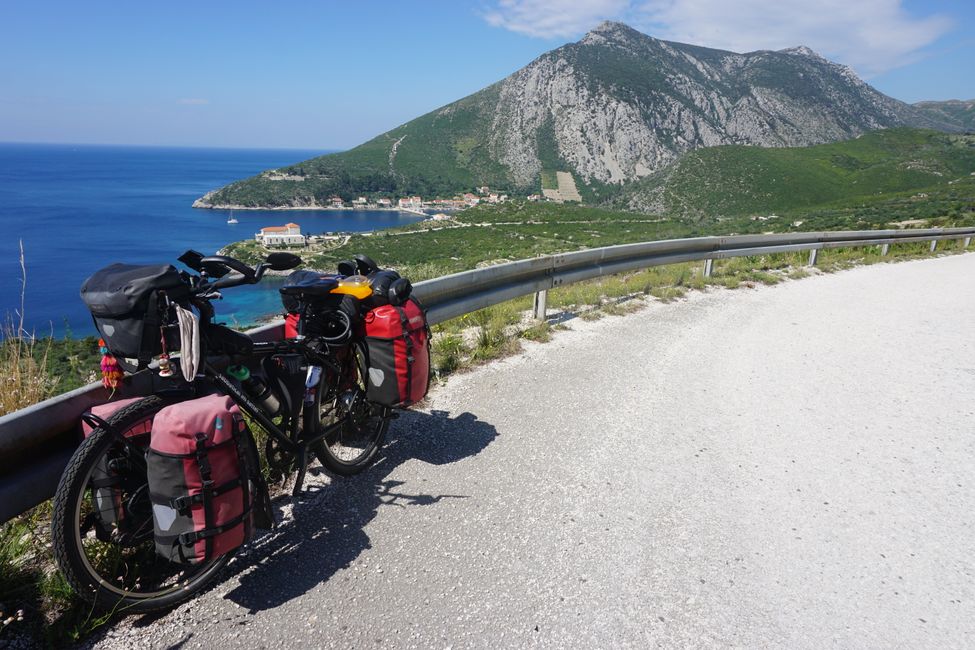
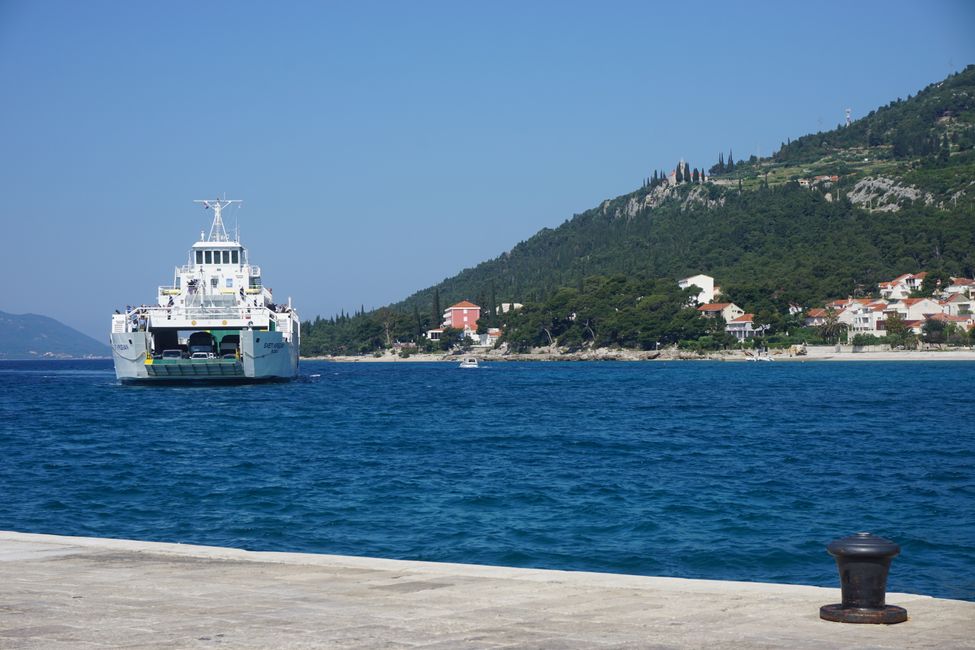
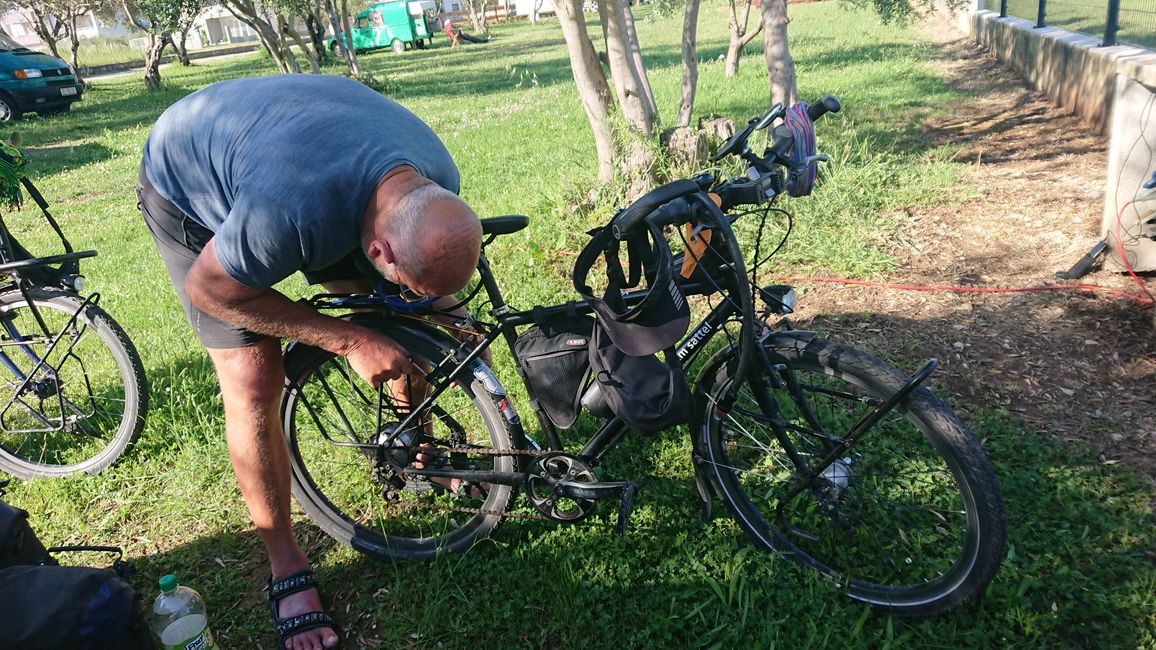
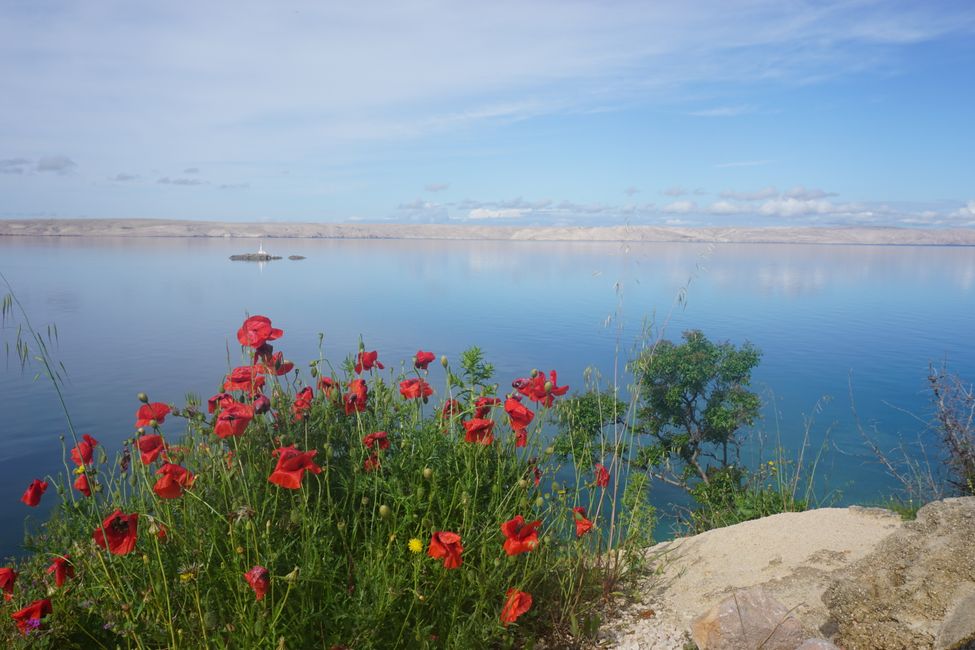
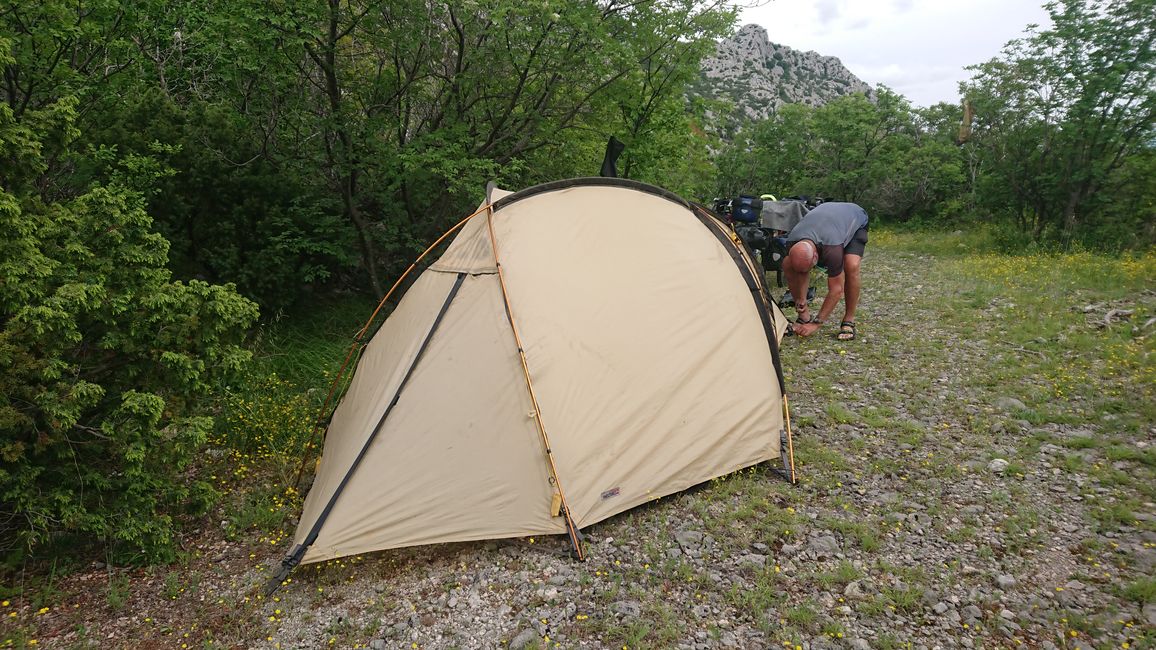
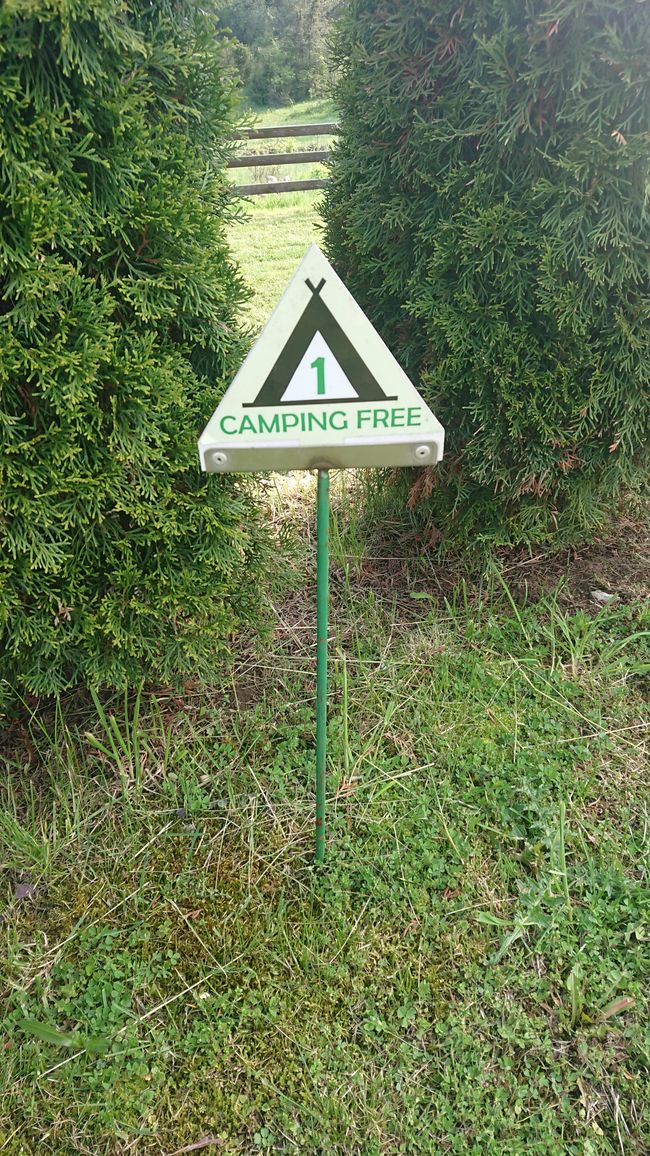
ជាវសំបុត្រព័ត៌មាន
Crazy, we've never experienced that before. The wind hisses deafeningly and shakes our tent. What, did we say wind? Sturm hits it exactly. In the middle of the night we sit in the tent in Croatia and check the weather report. Downwinds on the coastal road, really strong. Our fabric hut is right there. And we were so pleased with our hidden wild campsite. It probably wasn't a good idea to start the long journey with the old tent... But let's start from the beginning.
March 28, 2023. We sleepily get off the plane in Frankfurt in the morning. We were supposed to land yesterday. But the strike intervened. Many flights were canceled or diverted and our flight was postponed. We will still make it to the connecting flight. We wait in vain at the luggage carousel for our four large bags. The wheels are not part of the bulky luggage. What if all our belongings ended up in Honululu? The nice guy from the bulky luggage finds the mistake. All of our stuff was checked straight away for the connecting flight. That's exactly what we wanted to avoid. At least wanted to check the wheel boxes again. And now? We should contact the airline of the connecting flight. And they don't want to transport our bikes because they haven't been paid for. We pull out the invoice from the travel agency. Black on white. Two bikes have been paid for. They explained to us in a friendly but firm manner that we had to hand over more coal or the bikes would stay in Frankfurt. Time is running out. Gritting our teeth, we pull out the credit card. And get off the plane again shortly before midnight. With an uneasy feeling. Where are our belongings?
Actually on the baggage carousel and with bulky luggage. We immediately screw the bikes together and look for a place to sleep in the airport. In the first light of the morning we cycle again on our home continent: We are in Athens. We take four days to digest the time change. And the arrival in a completely different world. Enjoy the good food, walk to the Acropolis, have the bikes checked, find a flag for the bike. But there are also poor neighborhoods in the middle of the Greek capital. Those who look for useful things in the trash and whose night shelter consists of cardboard and rags. Who send their small children to beg. Just a few hundred meters away, tourists stroll along, unaware of the misery around the next corner.
Easier than we thought, we leave the big city behind us and take the ferry to the island of Salamina. Finally little traffic and wonderful views of the mountains and sea. The fact that Greek drivers drive quite quickly takes us getting used to Mexico. But they don't get too close to us. We sail back to the mainland and the relaxed cycling is over. Wind from the wrong direction, rain and serious gradients. We reach the first campsite completely soaked. Luckily the bad weather was a blip. When the sun is shining we continue via Corinth and Patras to Kyllini. Island hopping is on the program. The ferry takes us to Zakynthos, the southernmost Ionian island. Simply fantastic here. But immediately the disillusionment. Zakynthos is still in hibernation. All campsites are closed and ferries are not yet running between the islands. The season doesn't start until June. Nevertheless, we are allowed to set up our tent at a campsite. The owner comes from Austria and has a heart for cyclists. He cleans a sanitary building especially for us. Our tent is under ancient, gnarled olive trees. We look at the deep blue sea with a small rocky island that even has a name: Marathonisi. After a tour of the island, we return to the mainland and return to Patras.
From here ferries go to the north of Greece and on to Brindisi, southern Italy. To be honest, Athens was our plan B. We wanted to go to Sicily. But one airline found our bike boxes 8 cm too long, the other could only send us via London with a complicated airport change. With so much luggage? Was out of the question. From Brindisi we can cycle to Sicily, before stopping in northern Greece. We think. The ferry port in Patras is sealed off like a high-security wing. Northern Greece is headed for, but no one is allowed to leave the ferry. She is sailing straight on to Bari, Italy. All ferries to Brindisi have been canceled. We can only guess why. We spontaneously decide to buy tickets for Bari and bury our dream of Sicily. Then we cycle to the national park near Bari. We reach Bari in the best weather. As on Zakynthos, all campsites on the coast are still closed. We find one 20 km away inland. The next day, continuous rain began for several days. We put the national park out of our minds. The Italians, like the Greeks, are incredibly friendly to us. You see the German flag on the bike and talk to us. We are happy that we are also cycling with their country’s flag. They offer us help and talk about their years working in Germany. At one point a man waves from the balcony. We don't think he means us. But his wife comes rushing out the front door and gives us cookies. The bad weather is immediately sweetened. In Bari we meet a cycling friend from Lübeck. He cycled south from Bolzano. Had an incredible amount of rain and took refuge in a hotel almost every evening. Also because the camping season doesn't start until Pentecost. In fact, at least on this day the sun is shining. We have to make a decision. Cycling north in Italy, where campsites are still closed and rooms are expensive? We cycle to the ferry port and lo and behold, there is a ferry to Albania.
The very next morning we drink delicious Albanian coffee in Durrës. A nice Albanian immediately takes care of us. He doesn't speak English, but he speaks excellent German. He proudly shows us his city, including an ancient amphitheater. And he also gets a flag for our bike. On the same day we cycle to the capital Tirana. Albania is on the move. This is our impression of the small Balkan country. Sometimes we have to slalom to avoid the holes in the asphalt. And garbage is disposed of carelessly. But every corner is being rebuilt or repaired. The landscape is beautiful and the Albanians ask us questions. Of course again in our national language. They are proud of their delicious coffee, which you can get cheaply everywhere. And they are happy that we don't ignore their country. In a small village shop, the saleswoman gives us chocolates when she sees our fully loaded bikes. Albania is no longer an insider tip among cyclists. We meet two young Danes, a family from New Zealand, French, Dutch and our compatriots. In Shkodra we climb the castle complex. The view over Lake Skadarsko and the mountains all the way to Montenegro is fantastic. Then we leave little Albania again. Not without promising that we will come back. We haven't seen enough of this unique country. And are curious about what hiking in the mountains is like.
The border with Montenegro is quickly reached. The entry stamp flashes into our passports, a rarity in a united Europe. We chose the inland route, via the capital Podgorica. On the way to Cetinje - here is the presidential residence - the route goes into the mountains, quite steep in places. The road has no shoulder and drivers move quickly. Sometimes they come dangerously close to us. Werner mounts a flag as a “spacer”. Behind Cetinje we go up to 1060 m. Fascinating views compensate us for the scramble. But then it becomes spectacular. Suddenly we look at the Bay of Kotor. From dizzying heights. The panoramic road takes 25 hairpin bends down to the water. We could have stopped at every bend to capture the incredible view. It wasn't the steepest, but it was the longest descent. Our hands hurt from braking. In fact, a German cyclist wants to conquer the serpentines that evening and camp with a view of the bay.
The next state is within reach. The border with Croatia is on a pass. With a look back into the valley we say goodbye to Montenegro, its nice people and rugged mountains. “Please take down the flag of Montenegro immediately if you don’t want any trouble.” With this announcement we are greeted by the Croatian border official. At first glance it is clear: Croatia is a completely different place. Rich, expensive, tidy, EU state. People are a bit closed off. Eating out in restaurants is hardly affordable, just like the modern campsites on the coast. Why a cheap tent meadow? The cyclist or hiker must rent a parking space that can also accommodate a mobile home. Most motorhomes are from Germany. We almost feel like we're at home and we don't even want to. Croatians spend their holidays elsewhere. The coast is a dream. The water, shimmering green and deep blue, is reminiscent of the Mexican Caribbean. The only thing that isn't available here is the fine Caribbean sand. By the way, we're still shaking him out of our tent. Countless islands rise out of the sea. Inhabited or just with a lighthouse or chapel at the highest point. Original sound Werner: “Croatia is the mother of the mountains.” Steep climbs and descents await us every day. We urgently need a break from climbing mountains. We use it and take the water taxi to Dubrovnik. The wheels remain stationary the next day too. Can we take a few islands here? In the early season, only catamarans operate between many of them, and that's exactly where the problem lies for us cyclists. The captain decides whether bicycles are allowed on board. Many a cyclist has gotten into serious difficulties here. Was stuck for a few days until he was finally taken away or returned exhausted. We decide on the island of Korčula, where car ferries operate. Of course, the first thing that awaits us is a long climb, then a rapid descent. The road winds between steep rocks and the sea. Just villages with small shops that sometimes seem pretty deserted. We don't miss the hustle and bustle of the tourist places. There are only two mobile homes apart from us on the only campsite. Only at the ferry port does things get busier again.
We take the car ferry to the mainland in Split. Another big city full of tourists. But there is a park to escape the hustle and bustle. With a botanical garden and wonderful views. The coast becomes a little flatter. This saves us a lot of altitude for a few days. Shortly before Zadar I notice the first serious damage to my bike. The spring on the rear brake broke. The brake brakes and brakes. I have to unhook them to move forward. And again it was so lucky that after 10 km on a flat route we found a bicycle repair shop in Zadar. It's Friday afternoon and almost closing time. The nice mechanic orders us for Saturday morning and the damage is repaired in no time. In the mountains with just one brake? We would be stranded. North of Zadar, the 58 km long island of Pag lies like a giant sea serpent off the Dalmatian coast. This is what this island looks like to us as we take the coastal road under the wide tires. To the right of us are the Karst mountains, to the left of us is the Adriatic Sea with the long, barren island. Smooth asphalt below us, bright blue sky above us. We climb the hills in a good mood, enjoy the views and descents. And then it appears, the perfect spot for our tent, hidden in the bushes. Just a few steps and the view of the sea is magical again. In the karst mountains the soil is extremely stony. We put the biggest clothes aside and set up our tent and chairs. Eat, listen to music, read, enjoy the view. Until a noise in the evening makes us sit up and take notice. We know it from Mexico, and it doesn't bode well. As in Baja California, we find ourselves between the mountains and the sea. And that sound is the wind shooting from the mountains. Also called downwind. Or here in Croatia they say: The Bora is blowing. And it turns up a lot. It is not only dangerous for sailors and water sports enthusiasts. Also especially for cyclists who don't check the weather forecast and just camp on the coast... And we don't just read in horror on the Internet that the Bora suddenly appears out of nowhere - we have just experienced it. The weather app says 90 to 100 kilometers per hour for the exact region where our fabric hut is currently shaking terribly. The hissing of the gusts is frightening. The storm itself lifts the tent floor. Our tent has survived many storms. But it is now 8 years old. If that works out? At 3 a.m. we look at the clock. We haven't slept yet. Suddenly there is a crash. Our tent collapses. And it no longer offers the storm as much attack surface. Two tent poles broke. The wet tent lies on top of our sleeping bags, which no longer stay dry. We don't care at all, the main thing is that we don't fly away. At some point we fall asleep exhausted. We wake up when it is light and the Bora is still shaking us. The fact that the tarpaulin isn't torn is nothing short of a miracle. Contritely, we stuff the wet stuff into our bike bags. We have to get out of here, get to safety and buy food. Easier said than done. There are not many towns on the coastal road, so traffic is limited. Google Maps shows us a gas station 7 km away. We'll make it there. It's a tiny little gas station that, in addition to fuel, actually offers drinks and some sweets. The gas station attendant is not helpful. But a friendly taxi driver stops who recognizes our plight. He doesn't have a big vehicle to carry all our stuff. He asks a few colleagues. After an hour a large taxi stops. The driver even speaks German. We hear that the Bora has already overturned cars, mobile homes and buses. The locals have the utmost respect for this weather phenomenon, which often lasts for several days. Then we'll be taken straight to Rijeka. The bora has calmed down a bit there, it's just raining. We stay here for two days, urgently need a break and replace the broken elements of the tent poles. And we know: Croatia is great and was worth it. We are not entirely innocent that this beautiful country shocked us at the end. Never again will we rely on blue skies. What are weather frogs for? They can pretty much predict the weather for the next day.
We want to leave Rijeka and again something is wrong with my bike. It sounds like a tractor. Is it the bottom bracket or the chain? It drives as usual, but I don't want to continue like this. Before I can look for a bike repair shop online, one pops up. Once again, competent mechanics work here to find the fault immediately. The chain is gone. Chainring and sprocket actually too, but they are not in stock. We have a new sprocket for the Rohloff gearshift. The mechanic consults with his colleague. You just try a new chain. But emphasize that it is an attempt. He's actually successful. No more noise. We soon roll through deserted border facilities and reach country number 10: Slovenia. First we look around for a wild campsite and don't find one. Ask at a restaurant whether there are rooms available. Yes, but closed today. We should cycle to the next town, there is a guesthouse there. And it looks so elegant that we want to retreat straight away. But there is the nice man who has long since recognized our intention. "I have something for you. You can camp here for free." We can hardly believe our ears. The man speaks German without an accent. We find out later that he can also communicate in 7 other languages. He owns a guesthouse, restaurant, campsite and tennis hall. On the tent meadow he sticks a sign saying “Camping free” into the grass for us. We only have to wait 10 minutes, the tent meadow will be mowed quickly. Later she invites us to the restaurant for a fruit schnapps and wants to hear our story. He organizes shared bike tours through the mountains. Every Thursday, mountain bikers meet up, do their laps and have a drink or a beer. Suddenly sweaty cyclists come into the restaurant. It's Thursday, we didn't even have it on our radar. It's amazing what this man, who speaks eight languages, has built and organized here. The next morning we can have breakfast in the guesthouse. And this is the only place we pay.
We have cycled 1600 km north since Athens. But on the way home to the Baltic Sea, the Alps are still in the way. Au Backe, what's the best way to get across? By train, bus or muscle power? Via Caudia Augusta, Alpe-Adria-Trail or through Slovenia? We haven't decided yet, dear readers. And we ourselves are excited about our decision. One thing we know: the decision not to cycle north in Italy but through the Balkan countries was the right one. In Italy we would have cycled exactly where the flood caused landslides, caused rivers to overflow their banks and terrified people. Keep your fingers crossed for us, dear readers, that we make the right decision this time too.
ជាវសំបុត្រព័ត៌មាន
ចម្លើយ
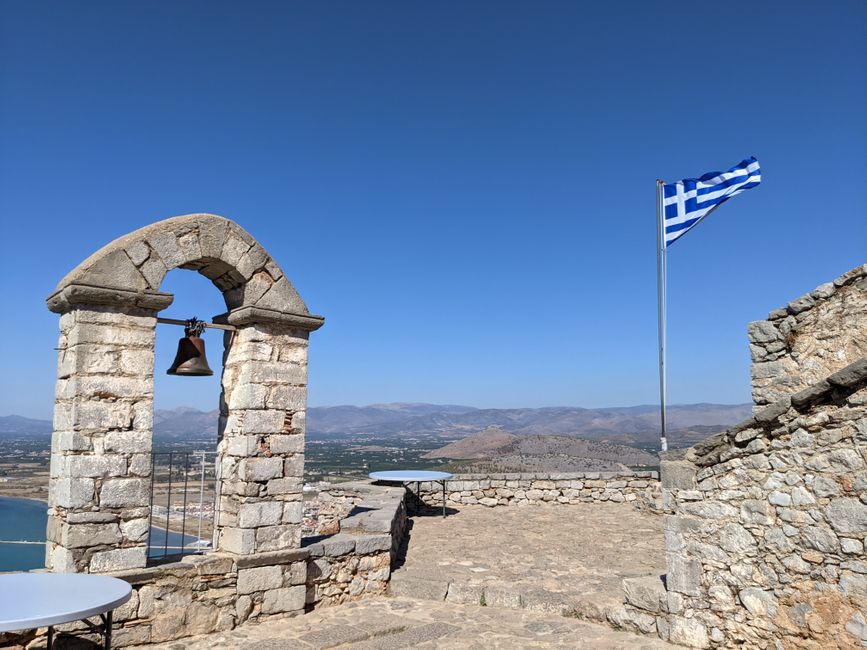
របាយការណ៍ធ្វើដំណើរ ប្រទេសក្រិក

